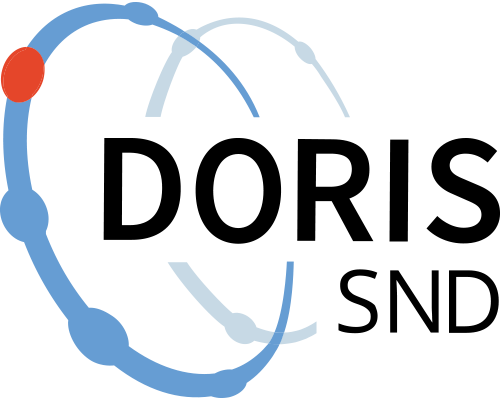Environment for Development Dar es Salaam Energy Survey - Energy Enterprises
https://doi.org/10.5878/qxs8-ej19
The Environment for Development Dar es Salaam Energy Survey (EFD-DES) consists of a household survey and an enterprise survey that took place from the 29th of January to the 13th of February 2020. The survey work was funded by the Swedish International Development Cooperation Agency (Sida), through the Swedish embassy in Tanzania.
The primary goal of the household survey was to collect current and detailed information on the economic and socio-demographic profile of households in Dar es Salaam, with a specific focus on household energy use. In addition, the energy enterprise survey was intended to provide information on the nature of small-scale energy enterprises that sell and deliver fuels and cookstoves directly to households.
The survey was conducted primarily to inform a World Bank Policy Note on the transition towards clean, affordable and sustainable household energy in Dar es Salaam. In addition, the household survey forms the baseline for a longer-term study on the impacts of a UNIDO bioethanol cookstove program in Dar es Salaam, as well as an important and current source of information to study fuel use in Dar es Salaam.
The survey was designed and implemented by a collaborative group of researchers within the Environment for Development (EfD) network, including researchers at the University of Dar es Salaam, Duke University, the University of Gothenburg and the University of Cape Town. The household survey was based on an instrument developed by researchers at Duke University Sanford School of Public Policy, that has been used in Kenya and Nepal, allowing for some cross-country comparability. In total 1100 households, containing 4,396 individuals were interviewed. In addition, 225 energy enterprises were interviewed.
The energy enterprise survey was implemented at the same time and followed the sampling strategy of the Household survey. The intention of this survey was to gain an understanding of the energy supply landscape that households face, including obtaining information on the nature of energy enterprises in Dar es Salaam as well as price data to be used in further analysis.
As such, the enterprise survey took place in the same streets and wards as the household survey. Enumerators were instructed to interview small and medium-scale energy retailers and delivery firms in the same areas that households participating in the household survey were located. Table 2 in the attached document "Basic Information Document" (page 2) provides an overview of the enterprise survey sections.
Dokumentationsfiler
Dokumentationsfiler
Citering och åtkomst
Citering och åtkomst
Tillgänglighetsnivå:
Skapare/primärforskare:
- Gunnar Köhlin - University of Gothenburg - Environment for Development, School of Business, Economics and Law
- Marc Jeuland - Duke University - Global Health Institute
- Martin Chegere - University of Dar es Salaam - Department of Economics
- Leonard le Roux - Sciences Po - Department of Economics
- Ipsita Das - Duke University - Sanford School of Public Policy
- Remidius Ruhinduka - University of Dar es Salaam - Department of Economics
- Byela Tibesigwa - University of Cape Town
- Samwel Lwiza - University of Dar es Salaam
Forskningshuvudman:
Data innehåller personuppgifter:
Nej
Citering:
Språk:
Metod och utfall
Metod och utfall
Datainsamling - Intervju
Datainsamling - Intervju
Geografisk täckning
Geografisk täckning
Administrativ information
Administrativ information
Ämnesområde och nyckelord
Ämnesområde och nyckelord
Relationer
Relationer
Metadata
Metadata
Version 1
